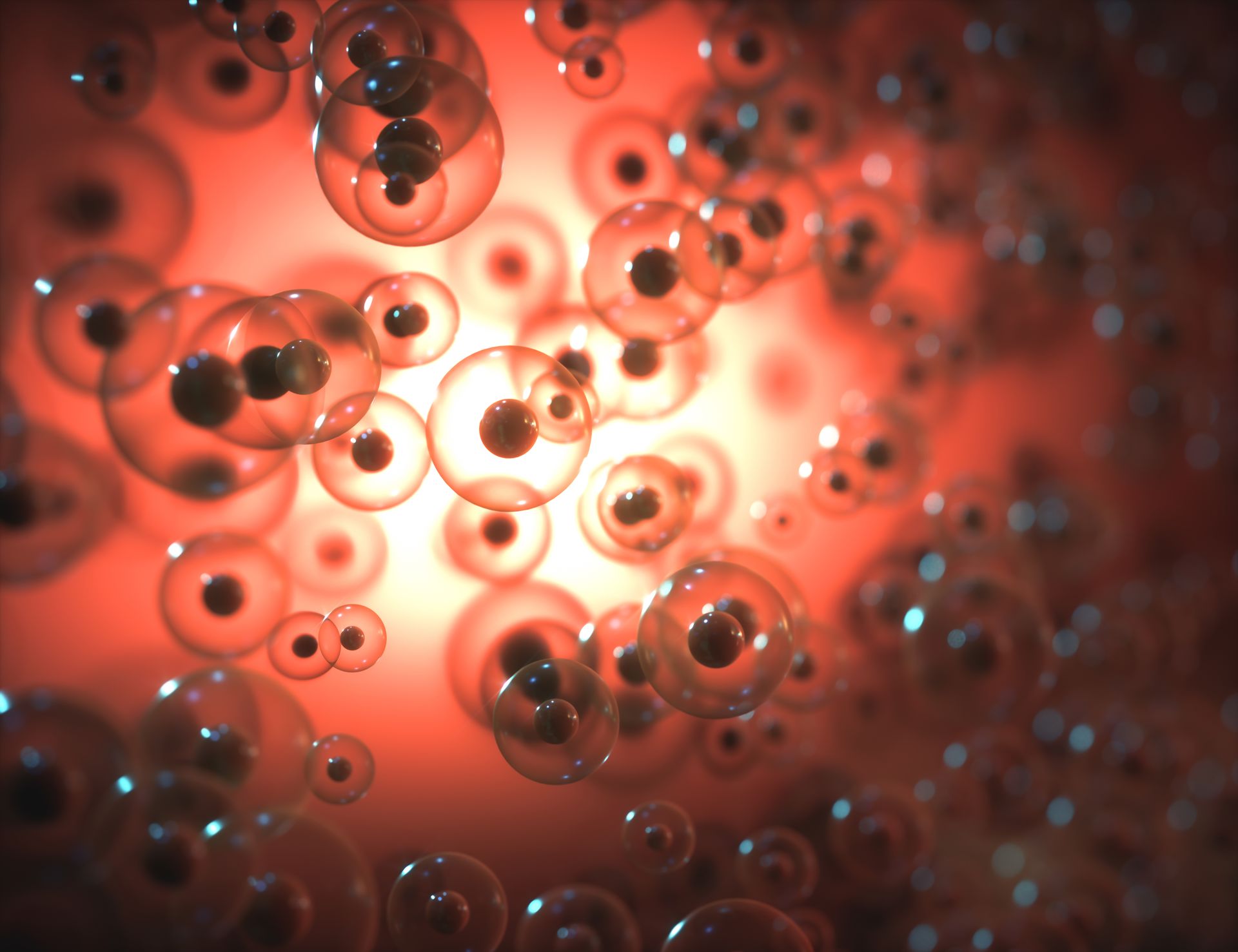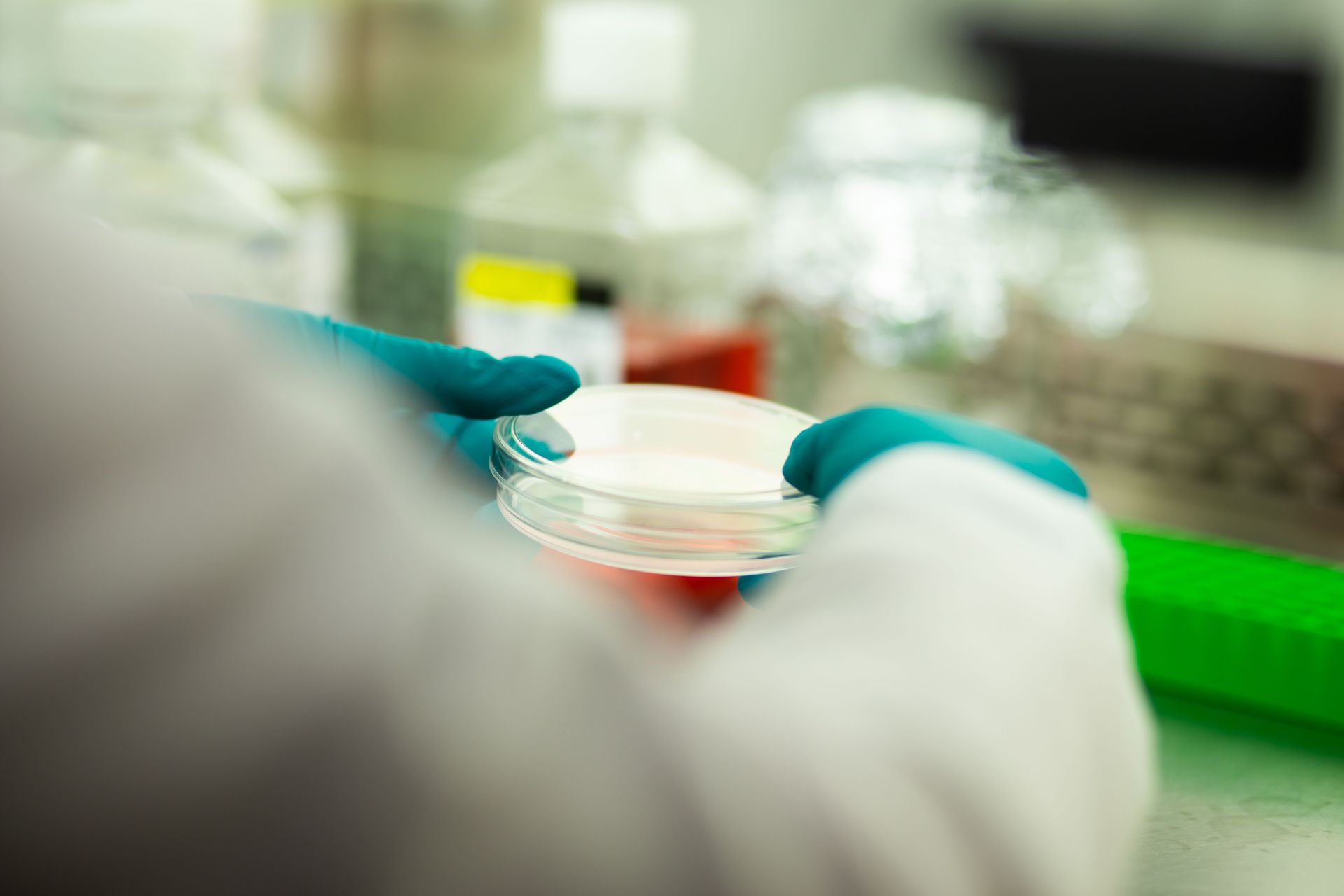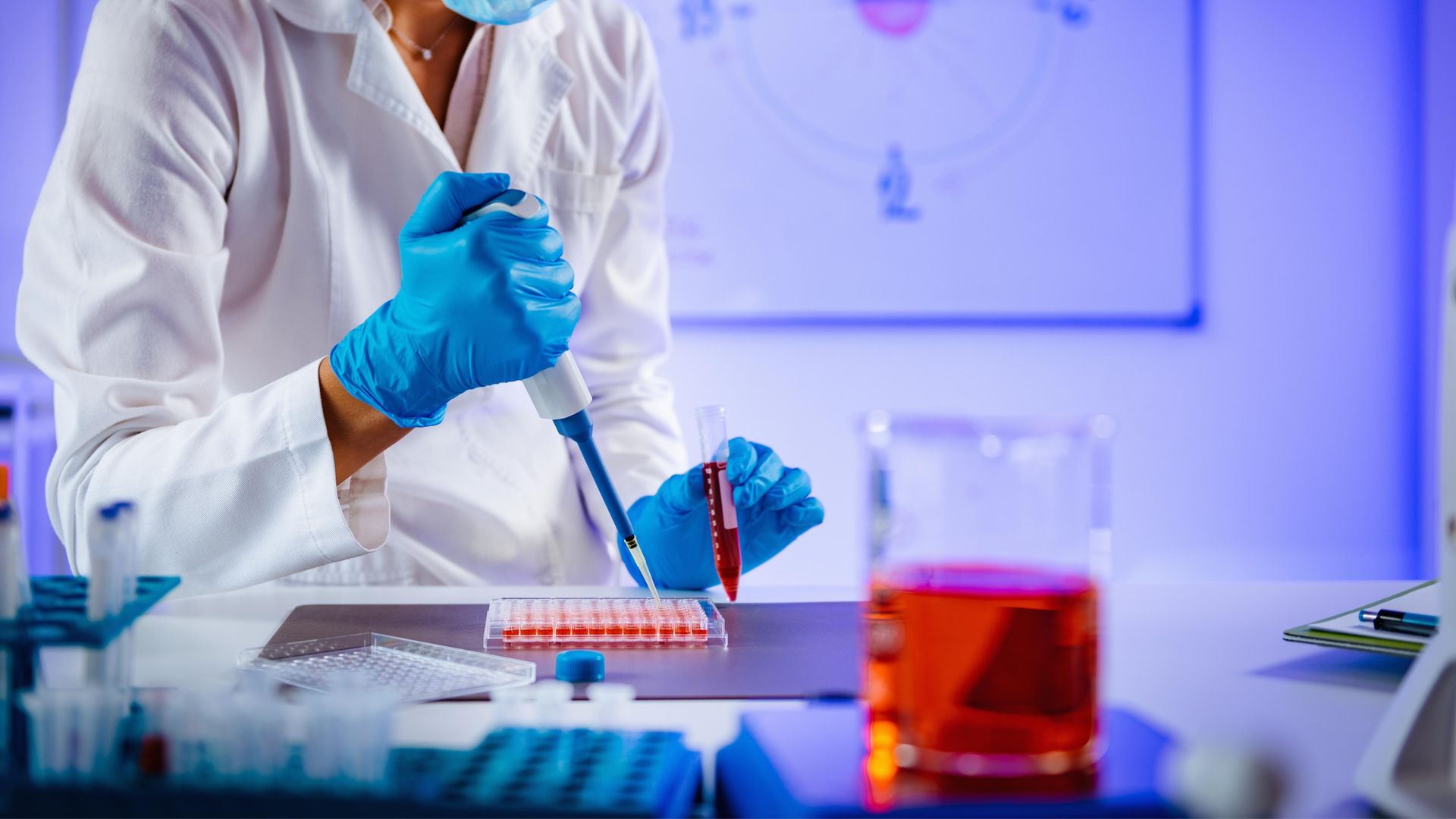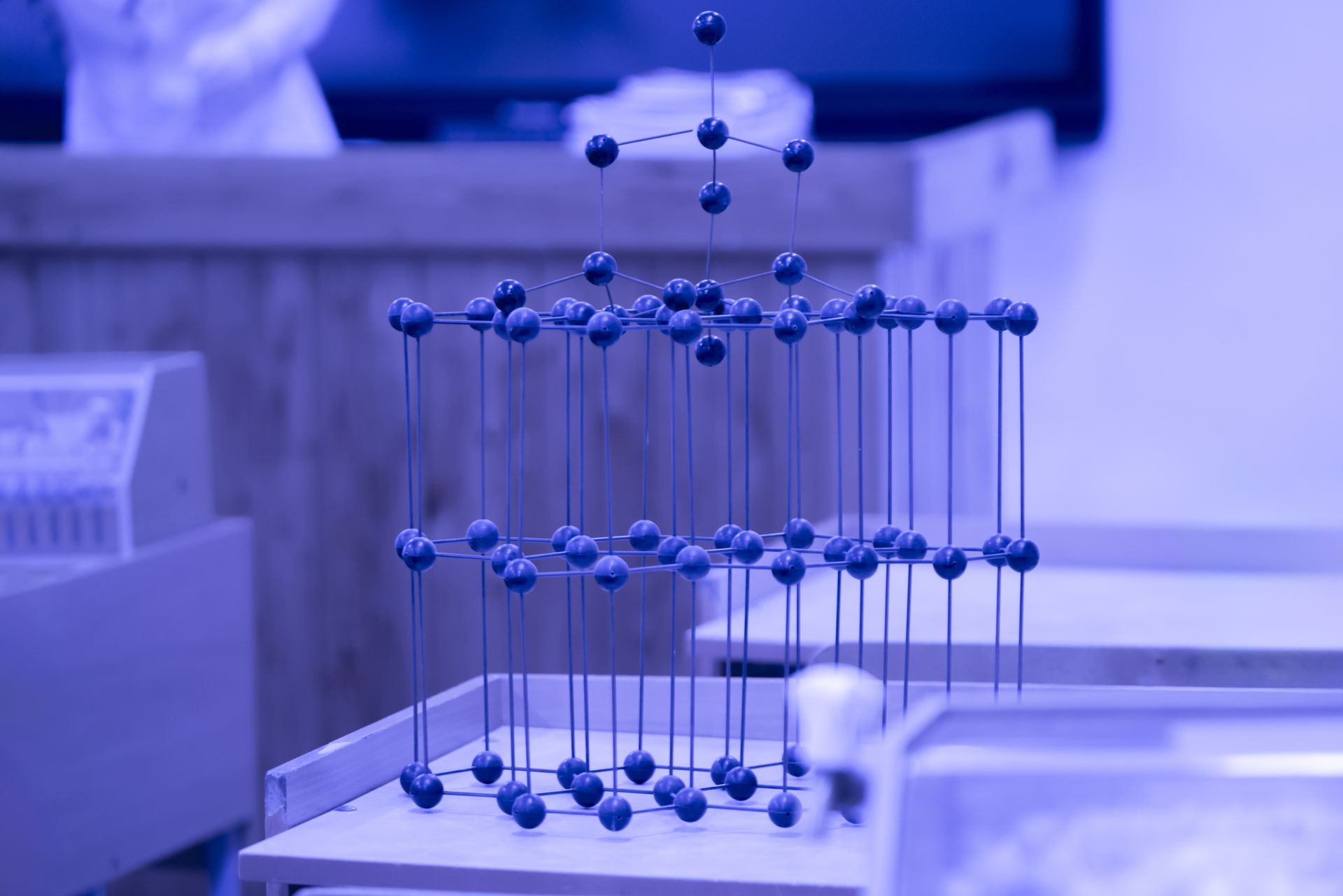Exploring Cellular Biology: Essential Protocols for Advanced Research
Affinity Magnetic Separation (AMS) and Immunomagnetic Separation (IMS): Targeted Cell Isolation
Affinity Magnetic Separation (AMS) and Immunomagnetic Separation (IMS) are powerful techniques for selectively isolating specific cell types using magnetic beads coated with antibodies. These protocols are widely used in immunology, cancer research, and stem cell studies to enrich or deplete specific cell populations.
Proteolytic Enzymes: Facilitating Protein Degradation and Cell Detachment
Proteolytic enzymes, such as trypsin and collagenase, play a critical role in breaking down proteins, facilitating cell detachment during subculturing and tissue dissociation. This protocol provides guidelines for using these enzymes in cell culture applications, ensuring optimal results in tissue engineering and regenerative medicine.
Subculturing Human Umbilical Vein Endothelial Cells (HUVEC): Maintaining Vascular Cell Cultures
HUVECs are a model system for studying vascular biology. This protocol outlines the steps for subculturing HUVECs, ensuring healthy cell growth and maintaining the integrity of endothelial cells, which are essential for studies in angiogenesis, atherosclerosis, and vascular tissue engineering.

Membrane Fractionation: Studying Cellular Compartments
Membrane fractionation is a technique used to separate cellular membranes from other organelles. This protocol is crucial for studying membrane-associated proteins, lipid bilayers, and signal transduction pathways, enabling researchers to better understand the complex structure and function of cellular membranes.
3H-Thymidine Uptake by Cultured Cells: Measuring DNA Synthesis
This protocol describes the use of radiolabeled 3H-thymidine to measure DNA synthesis in proliferating cells. It is widely used in cell cycle studies, cancer research, and drug screening to assess cell proliferation rates and evaluate the efficacy of anti-cancer compounds.
Cell Adhesion: Understanding Cellular Interactions
Cell adhesion is a fundamental process in tissue formation, wound healing, and cancer metastasis. This protocol provides methods to study how cells adhere to extracellular matrices and each other, which is essential for understanding cellular communication and the behavior of cancer cells.
Matrigel Invasion Assays: Investigating Cancer Cell Metastasis
The Matrigel invasion assay is used to study the invasive potential of cancer cells as they migrate through a matrix barrier. This protocol is a key tool in cancer research, allowing scientists to evaluate the aggressiveness of tumor cells and screen potential anti-metastatic drugs.
Neural Stem Cell Protocols: Culturing and Differentiating Neural Progenitors
Neural stem cells have the potential to differentiate into neurons, astrocytes, and oligodendrocytes. These protocols cover the isolation, culture, and differentiation of neural stem cells, which are crucial for research in neurodevelopment, neurodegenerative diseases, and regenerative medicine.

Protocols for Induced Pluripotent Stem Cells (iPSCs): Reprogramming Adult Cells
Induced pluripotent stem cells (iPSCs) are generated by reprogramming adult somatic cells back to a pluripotent state. This protocol provides detailed steps for creating and culturing iPSCs, which are invaluable for studying development, disease modeling, and personalized medicine.
Culture of Astrocytes and Other Neural Cells: Investigating the Brain's Supportive Cells
Astrocytes play a crucial role in supporting neuronal function and maintaining the blood-brain barrier. This protocol outlines methods for isolating and culturing astrocytes and other neural cells, offering researchers a model system for studying neuroinflammation, neural repair, and brain tumors.
Culturing Human Embryonic Stem Cells in Feeder-Free Conditions
Feeder-free culture systems allow for the growth of human embryonic stem cells (hESCs) without the need for feeder layers, minimizing variability. This protocol is essential for maintaining the pluripotency of hESCs, which are used in studies of early development, differentiation, and disease modeling.
FACS: Cell Cycle Assay Protocols
Fluorescence-Activated Cell Sorting (FACS) allows for the precise analysis and sorting of cells based on their cell cycle stages. This protocol describes how to use FACS for cell cycle analysis, providing insights into cellular proliferation, cancer progression, and the effects of drug treatments.
Establishment and Characterization of Human Embryonic Stem Cell Line
This protocol guides researchers through the establishment and characterization of human embryonic stem cell lines, including methods for ensuring pluripotency, karyotyping, and differentiation potential. It is essential for creating reliable and reproducible stem cell lines for research and therapeutic purposes.

FCM: Sodium and Potassium Analysis
Flow cytometry (FCM) is used to analyze the intracellular concentrations of sodium and potassium ions in cells. This protocol is vital for studying ion channel activity, cell signaling, and the role of electrolytes in various physiological and pathological conditions.
FCM: PARP PE Analysis
Poly (ADP-ribose) polymerase (PARP) is an enzyme involved in DNA repair and apoptosis. This protocol outlines how to use flow cytometry to measure PARP activity in cells, offering insights into cellular responses to DNA damage and the potential for targeting PARP in cancer therapies.
Membrane Potential Analysis by Flow Cytometry
Membrane potential is an essential aspect of cellular function, influencing processes such as neurotransmission and muscle contraction. This protocol describes how to use flow cytometry to analyze membrane potential, which is crucial for studying ion channel function and drug effects on cellular excitability.
FCM: Immunofluorescent Staining of Rat Thymocytes
This protocol details the use of flow cytometry for immunofluorescent staining of rat thymocytes, allowing researchers to analyze the development and differentiation of T-cells. It is widely used in immunology and developmental biology to study immune system function.

FCM: FACS Analysis of Cell Cycle using BrdU and PI
This protocol combines bromodeoxyuridine (BrdU) labeling with propidium iodide (PI) staining to analyze cell cycle progression using FACS. It is an essential method for studying DNA synthesis, cell cycle regulation, and the effects of drugs on cell division.
DNA Analysis by Flow Cytometry: Measuring Cellular DNA Content
Flow cytometry can be used to measure cellular DNA content, providing insights into cell cycle stages, ploidy, and apoptosis. This protocol is crucial for studying cancer biology, cell proliferation, and the effects of genotoxic agents on cells.